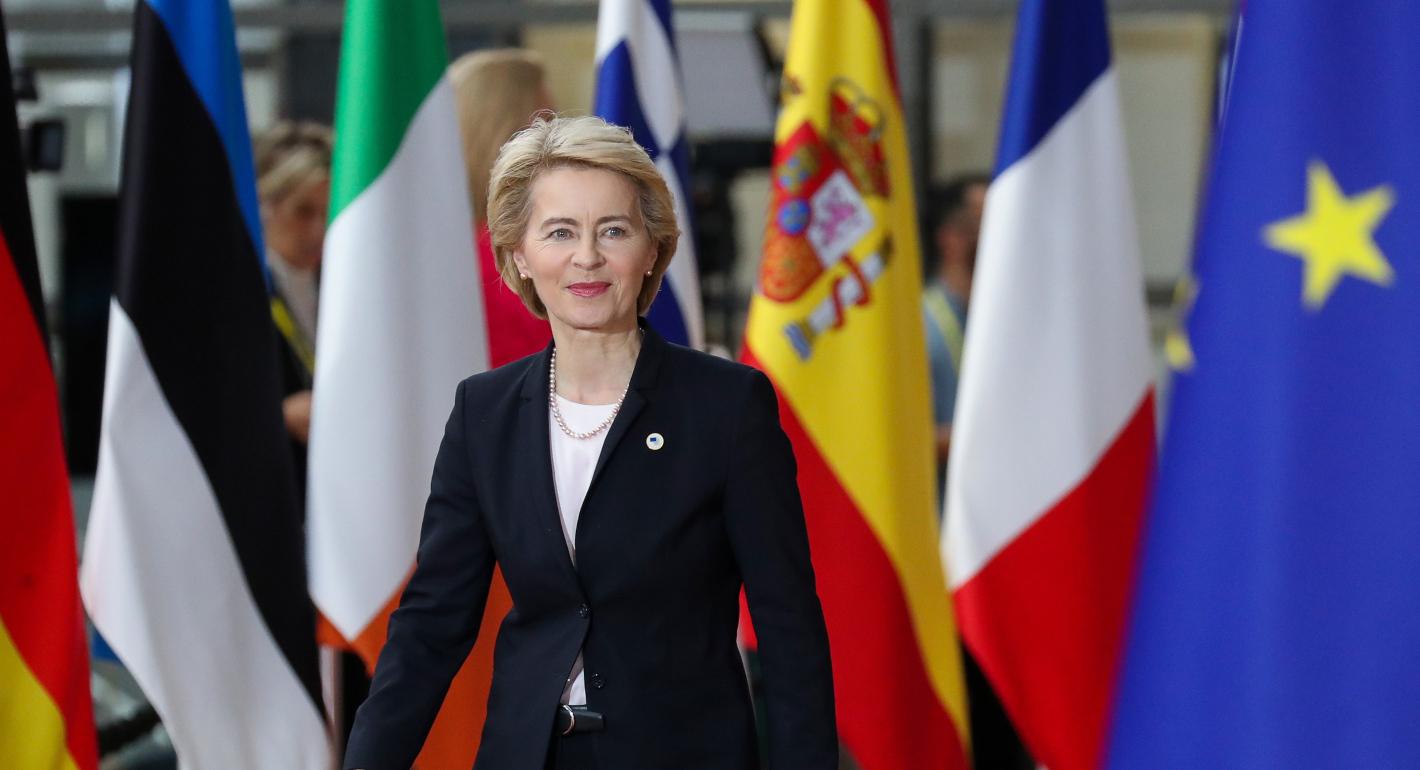Source: Institute for Democracy “Societas Civilis”
The change in the EU’s institutional cycle in late 2019 came with an unfamiliar type of rhetoric. The new European Commission president, Ursula von der Leyen, spoke of establishing a “geopolitical commission.” Both she and the EU’s new foreign policy chief, Josep Borrell, insisted that the union must now “learn the language of power.”
This new language of power and geopolitics jars in many European ears because it runs counter to the EU’s long-held understanding of its place in the world. From the very beginning in the 1950s, European integration was conceived to overcome the legacy of power politics that had brought war and conflict to Europe.
That this concept succeeded over several decades was to considerable extent due to a particular geopolitical context. European integration developed in an international system shaped and dominated by the United States. It was mostly the U.S. security guarantee and its global leadership role that afforded the Europeans the luxury of leaving geopolitics behind.
After the end of the Cold War, the U.S. position at first remained preeminent. EU leaders now considered themselves Washington’s principal partners in constructing a rules-based liberal global order based on democracy and the market economy. But this dream began to fall apart about fifteen years ago. It had become clear that Russia would not transition to a liberal democracy, as many in the West had hoped in the 1990s. Rather, it would consolidate as an authoritarian state committed to securing an extensive zone of influence. It also became evident that the rise of hundreds of millions of Chinese out of poverty would not be accompanied by progress toward liberalization and pluralism. China would combine economic success with one-party rule, disproving the West’s dogma that economic development and democracy were intrinsically linked.







